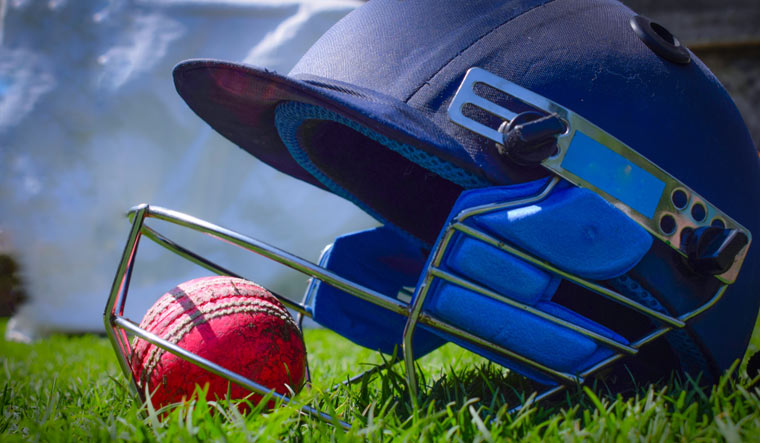The ICC on Tuesday approved COVID-19 replacements in Test cricket, banned the use of saliva and re-introduced non-neutral umpires for bilateral series as part of its interim playing regulations to tackle the threat posed by the COVID-19 pandemic.
In the five new regulations, recommended by the Anil Kumble-chaired Cricket Committee, and ratified by the Chief Executives Committee (CEC), the teams will also be allowed an additional DRS call as home umpires will now be officiating in bilateral Test series.
Also, a 32-inch additional logo would be permitted on the players' jerseys, which will help teams make commercial gains as Boards battle the pandemic's financial blow.
"Teams will be allowed to replace players displaying symptoms of COVID-19 during a Test match. In line with concussion replacements, the Match Referee will approve the nearest like-for-like replacement," the ICC stated in a press release.
"However, the regulation for COVID-19 replacements will not be applicable in ODIs and T20Is," it added.
The CEC predictably ratified the ban on use of saliva, which is considered to be a transmitter of novel coronavirus unlike sweat which will still be allowed to shine the ball. Repeated violation of the ban would at first invite a warning before a five-run penalty is imposed.
"Players will not be permitted to use saliva to shine the ball. If a player does apply saliva to the ball, the umpires will manage the situation with some leniency during an initial period of adjustment for the players, but subsequent instances will result in the team receiving a warning," the ICC said.
"A team can be issued up to two warnings per innings but repeated use of saliva on the ball will result in a 5-run penalty to the batting side. Whenever saliva is applied to the ball, the umpires will be instructed to clean the ball before play recommences," the parent body stated.
The introduction of two home team umpires for bilaterals after nearly two decades is purely due to the logistical challenges of travelling given the flight restrictions in place globally.
"The requirement to appoint neutral match officials will be temporarily removed from the playing conditions for all international formats owing to the current logistical challenges with international travel.
"The ICC will be able to appoint locally based match officials from the Emirates ICC Elite Panel of Match Officials and the Emirates ICC International Panel of Match Officials," the ICC said.
This means India's C. Shamshuddin, Anil Chaudhary and Nitin Menon will be seen officiating during the home series against England next year with Javagal Srinath being the match referee.
Due to the lack of experience of a lot of these umpires, who are not part of the ICC Elite Panel, an additional DRS review has been allotted to the teams in each innings.
"...keeping in mind that there may be less experienced umpires on duty at times. This will increase the number of unsuccessful appeals per innings for each team to three for Tests and two for the white-ball formats."
The ICC Cricket Operations team will also support local match referees when processing code of conduct breaches, and a neutral Elite Panel match referee will conduct any hearing remotely via video link.
The ICC also relaxed the apparel rules by allowing a logo on the chest of Test match jersey.
"A logo, not exceeding 32 square inches in size, may be placed on the chest of the Test match shirt and sweater in addition to the three other logos allowed as per regulations. As of now, logos on chests are only allowed in ODIs and T20Is."



